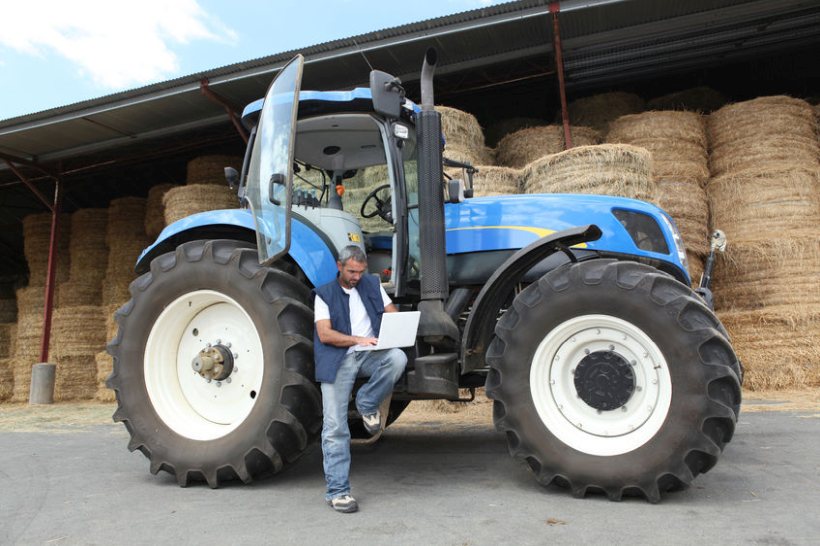
A survey has highlighted a 'gaping hole' between urban and rural areas when it comes to access and stability of broadband and phone reception.
Over 50% of respondents from a rural area felt that the internet they had access to was not fast and reliable, the survey showed.
Less than 50% stated they had standard broadband and only 36% had superfast speeds, with 66% stating that they had been impacted by poor broadband.
In comparison, 18% of their urban counterparts said they had access to standard broadband and 67% had superfast broadband.
The survey was run by the National Federation of Women's Institutes-Wales, Country Land and Business Assocation, Farmers’ Union of Wales, NFU Cymru and Wales YFC.
One respondent to the survey said: "Broadband drops out regularly and it is regular for outages to last for many hours/days.
"It is unreliable for online video meetings and at its best we get 11-12 mb. This does not support 3 people working online but often it is much less and we cannot rely on it."
Another said: "Fibre is available in some villages I think, but anyone who lives outside those has a very small group of companies willing to provide a service.
"Fibre and a reliable connection is important for all homes for the sustainability of the Welsh economy."
Whilst 80% of participants used their mobile phone to access the internet, just 68% of those with a smartphone had access to a 4G or 5G mobile network.
Describing the mobile signal in their house, 57% stated that their signal was ‘unreliable’ and 49% stated that their signal was ‘unreliable’ outdoors.
One farmer responded by saying: "We are a farm and mobile phones do not work in the house, we have to either go 100 yards up a bank or a mile out on the road for connection."
While another said: "I have no phone signal, which makes working at home difficult. I use WiFi calling but the internet is too unreliable for this to be a success.
"It makes working from home difficult and I feel I am not progressing due to limitations in what I can do. I cannot take on my usual workload.
"There is no mobile phone signal and I have to travel 15 minutes one direction or 25 minutes in the other direction before I can make or receive a call."
Respondents said the challenges of working from home and for children accessing education was especially difficult during the pandemic due to poor connectivity.
In a joint statement, the organisations behind the survey said that broadband was now regarded as a 'necessity' by the majority of UK businesses and households.
“Poor digital connectivity evidently impacts directly on our rural communities," the groups added.
"This has become visible during the pandemic as many have relied upon access to broadband for keeping in contact with friends and family and to work virtually from home.
“It has become clear that despite many UK and Welsh government promises made over the years, the digital divide between rural and urban areas has not been addressed."
